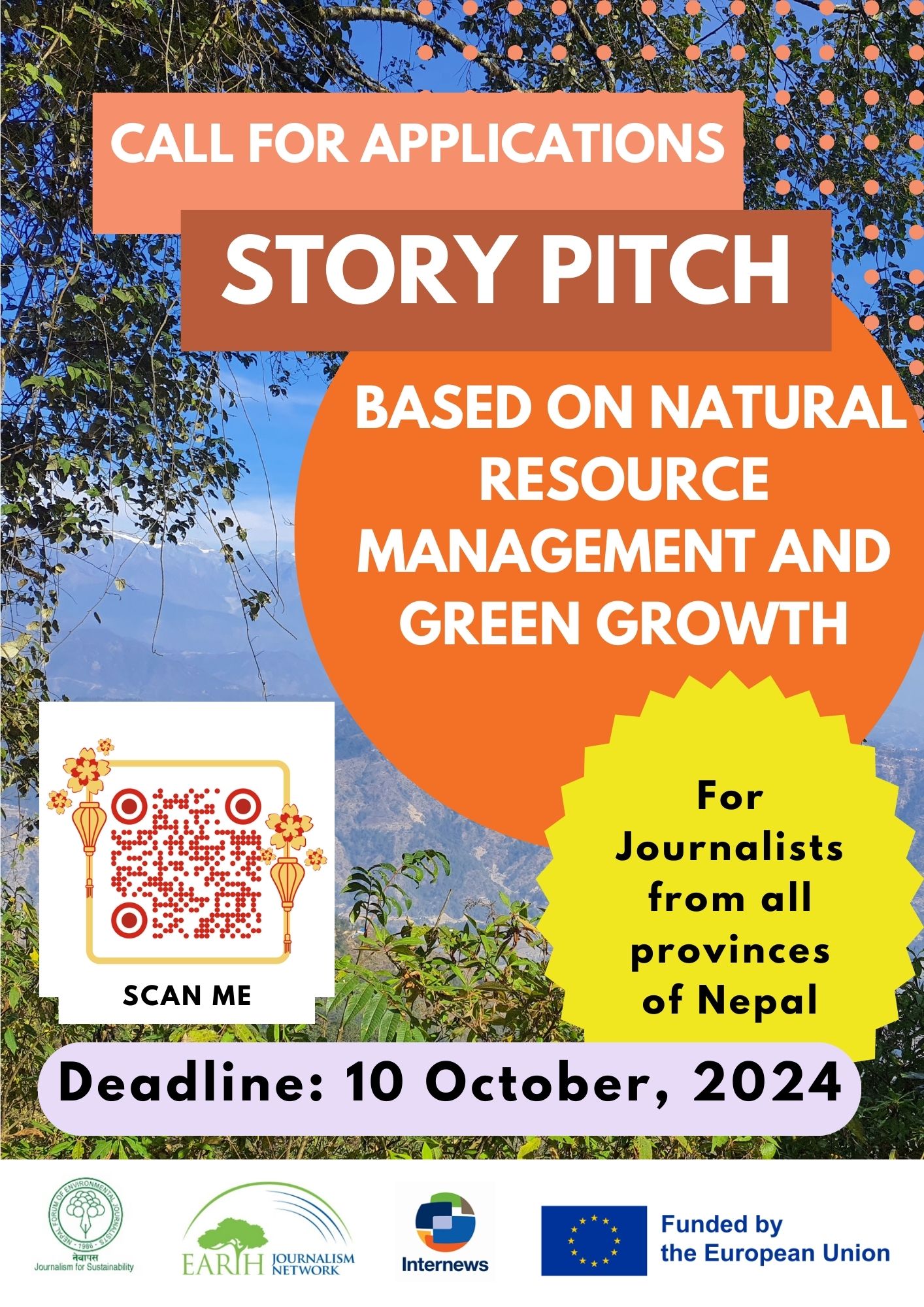- Published Date : September 1, 2020
August 23, 2020- On 23rd August 2020, NEFEJ had organized a virtual scoping workshop along with the support from Hariyo Ban Program, WWF so as to identify the issues and best practices related to biodiversity conservation, climate change adaptation and sustainable development from two major landscapes; TAL and CHAL. Santosh Mani Nepal and Dr. Bijaya Kumar Singh had presented paper on the issues and good practices on TAL and CHAL respectively. Likewise, Dr. Tirtha Bahadur Shrestha, Expert gave his comments on the paper presented.

The participants from different government bodies, educational institutions and experts had taken part during the workshop. Santosh Mani Nepal, Environmental Expert presented his paper based on the issues and best practices observed in Terai Arc Landscape. His presentation highlighted different issues like human-wildlife conflict, infrastructure development, trans-boundary issues, illegal extraction and trade, forest encroachment, forest governance, social issues, disaster risk.
Dr. Bijaya Kumar Singh, Expert, highlighted the various issues and best practices as seen in CHAL. He shared about the siltation trap ponds which has supported in increasing the lifespan of the Pokhara Lake Cluster. Similarly, the lake cluster has been listed as a Ramsar site which is why its conservation has been given more emphasis. Another important practices observed are the economic opportunities for the local people from the conservation sector. This includes fishing ponds, NTFP’s, eco-tourism and many more.
With regards to the threats to biodiversity, Dr. Tirtha Bahadur Shrestha shared that we should also raise issues regarding the biological invasions like the recent locust invasions. To this, Dr. Uttam Babu Shrestha shared that the issues regarding the invasive species are of great importance. He suggested that the media should raise issues regarding the extinction of our endemic species like Asuro and Simali. Rajan Subedi, Institute of Forestry, pointed out that we need to think of ways to stabilize the fragile landscapes as we witness landslides occurring even in the forest areas.
The workshop ended with active interaction between all the participants.










